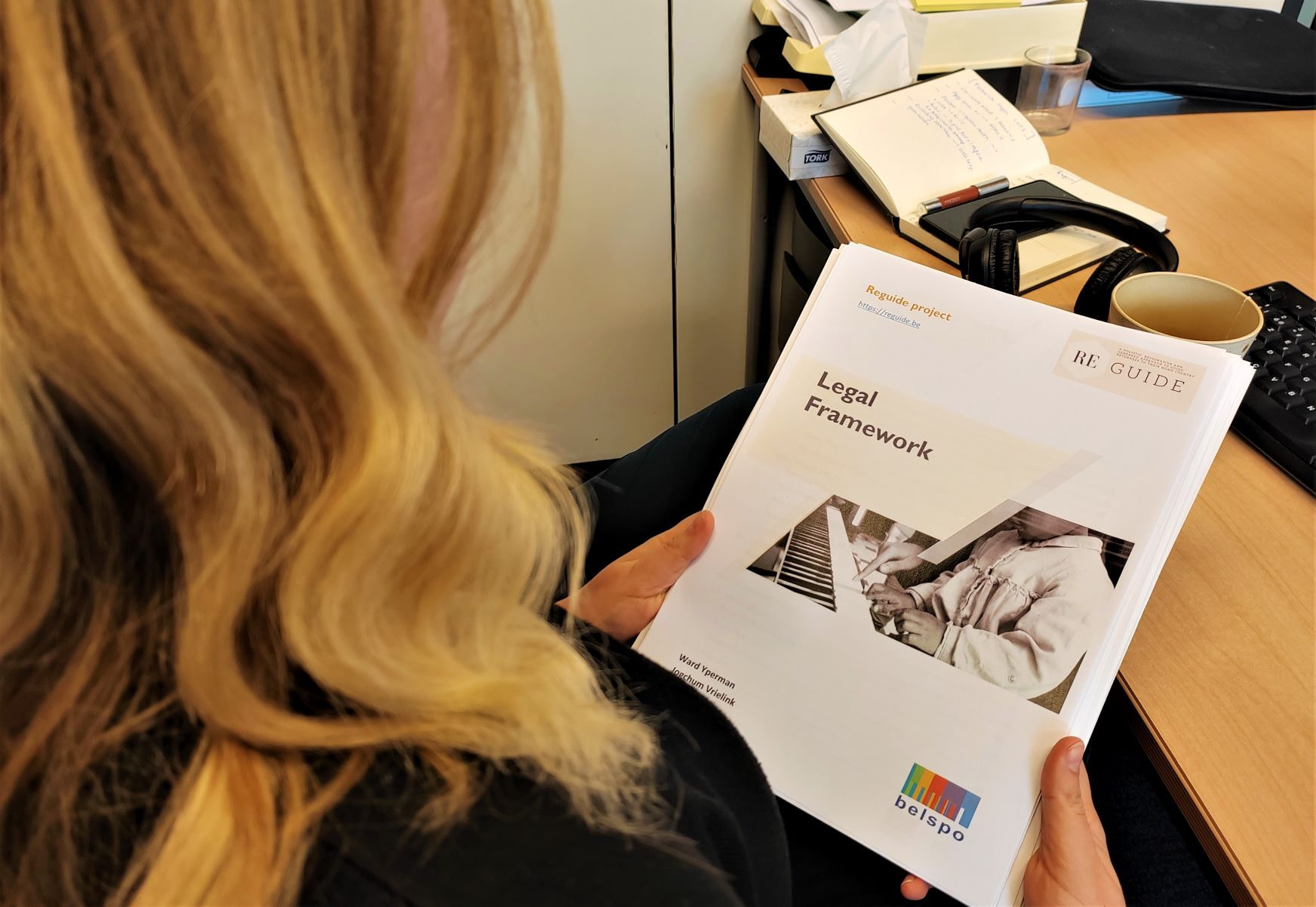
Counter-terrorism has permeated the entire Belgian legal system and rules have been introduced out of counter-terrorism considerations throughout many branches of law. In alignment with the scope of the rest of the Reguide project, this report focusses on the legal framework relevant to people returning from jihadist war zones such as Syria. The Reguide project aims to develop a holistic, restorative and gendered approach towards the reintegration of returnees and their families into the Belgian society, and by doing that directly addresses two interrelated societal challenges: security and returnee reintegration. The issue of reintegration of returnees and their families is an important one for many countries and especially for Belgium, since it has one the highest ratios of returnees per capita in Europe. This report is one of the first steps in the Reguide project and has a double aim. Firstly, the goal is to describe the relevant legislation so as to set out the legal framework currently in force. This sets the stage for the rest of the project. Secondly, we point out some inconsistencies and issues within the legislation and make suggestions for how the legal approach could be improved.
The first part of the report discusses the different terrorism offences in Belgian criminal law. Secondly, a few particularly relevant rules of criminal procedure are highlighted, being the competence of different courts, the rules on trials in absentia and on immediate arrest warrants. After this, we move on to
sentencing with a focus on prison sentences, the additional sentence of being at the disposal of the sentence enforcement court, alternative sentences and the possibility of suspension of sentence and postponement of the enforcement of sentences. The fourth part focusses specifically on the execution of the sentence which is imposed most often: imprisonment. This part discusses the rules specific to terrorist detainees within prison and also rules relevant to move beyond prison, the so called external legal position. The fifth part describes other relevant measures related to people returning from jihadist war zones such as asset freezing, revoking ID cards and passports and revoking nationality and finally the possibility of repatriation of those still present in the jihadist war zones.
Click the links below to read the report:
Want to know more about our policy recommendations? Read our ‘Policy Brief’ here!